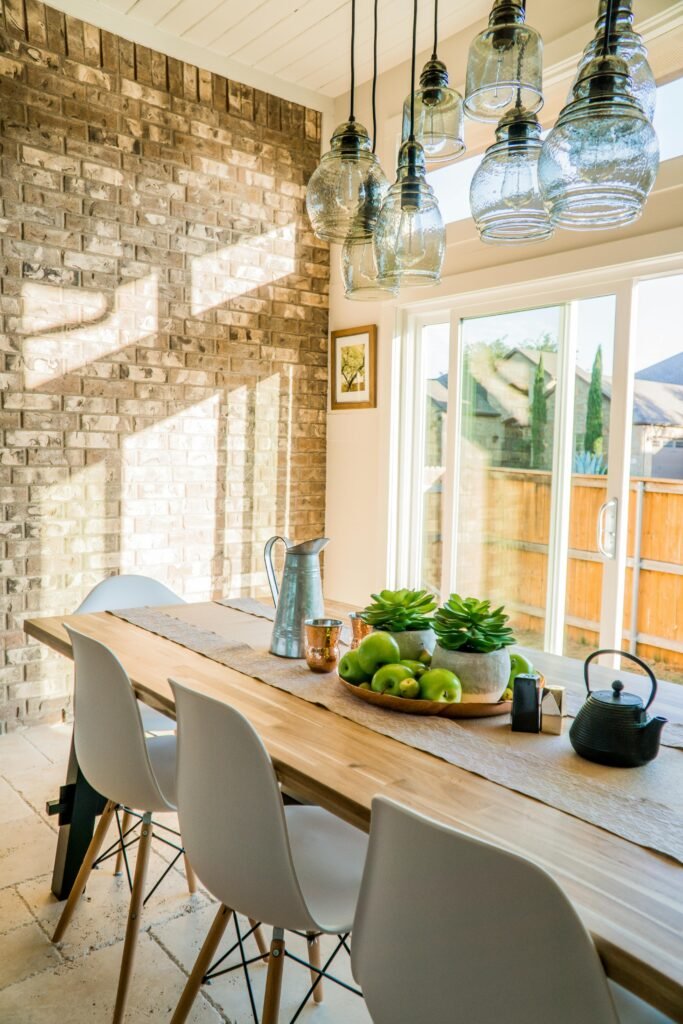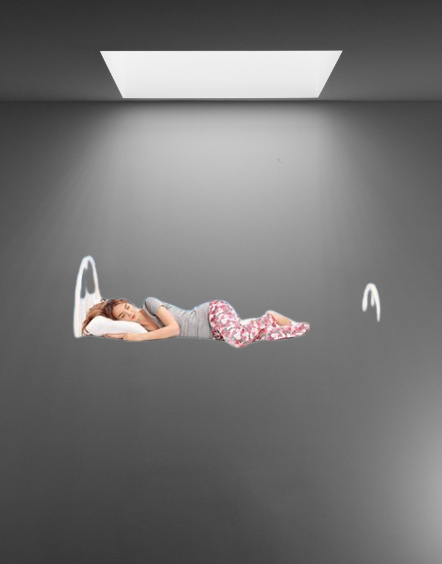
Introduction to Home Clutter and Mental Health
Home clutter refers to the accumulation of items that are disorganized and exceed the space available for storage in living areas. This disarray can encompass a wide range of belongings, from household items and furniture to personal belongings such as clothing and paperwork. As our lives become increasingly fast-paced and demanding, the issue of home clutter has emerged as a pertinent concern, affecting millions of individuals and their emotional wellbeing.
The relationship between home clutter and mental health has gained traction in recent years, particularly as research reveals the profound effects that physical environments can have on psychological states. Individuals living in cluttered spaces often report feelings of anxiety, stress, and even depression. The presence of disorganized items can serve as a constant reminder of unfinished tasks and daily responsibilities, creating a sense of overwhelm and reducing one’s ability to focus on pressing matters. Such conditions can exacerbate mental health issues, leading to a continuous cycle of disarray and emotional distress.
Furthermore, the impact of home clutter extends beyond personal feelings; it can also influence interpersonal relationships and social interactions. A cluttered home may deter individuals from inviting friends or family over, potentially isolating them further. The stigma associated with home clutter may drive individuals to hide their living conditions, thus hindering their support networks. As societal expectations place increasing value on orderliness and tidiness, the psychological ramifications of living in disorganized spaces are becoming more pronounced. Exploring the connections between home clutter and mental health is essential for understanding how to foster healthier living environments and improve overall emotional wellbeing.
The Psychological Effects of Home Clutter

Home clutter can have a significant psychological impact on individuals, contributing to feelings of anxiety and stress. Numerous studies indicate that a disorganized living space often leads to heightened levels of overwhelm. When the environment becomes chaotic, it can be challenging to concentrate on tasks, resulting in decreased productivity and an increased sense of frustration. This cycle of disorganization not only affects daily activities but also exacerbates underlying mental health challenges.
Research suggests that cluttered spaces can diminish one’s ability to focus and process information effectively. A study published in the Journal of Environmental Psychology found that individuals in cluttered environments experienced higher levels of distraction and lower task satisfaction compared to those in organized settings. This correlation between clutter and cognitive overload may explain why many individuals report feeling mentally taxed in disorganized spaces.
Moreover, clutter has been linked to feelings of guilt and shame. Many people associate their living environments with personal identity, so when a space is cluttered, it can evoke negative self-assessments. Dr. Cassandra Arnelle, a clinical psychologist, notes that individuals often project their internal states onto their physical surroundings. Thus, a messy home may reflect internal chaos, leading to a detrimental cycle where clutter results in negative feelings, which in turn encourages further disorganization.
Personal anecdotes further illustrate these effects. For instance, many individuals report that after decluttering their homes, they feel an immediate sense of relief and clarity. This psychological shift has been described as liberating, emphasizing the importance of maintaining an organized space for mental well-being. In contrast, the accumulation of items often results in a paralyzing sense of dread, as individuals feel overwhelmed by the sheer volume of belongings needing attention. Therefore, addressing home clutter can be a crucial step toward improving mental health and fostering a sense of control over one’s environment.
How Clutter Impacts Daily Life
Living in a cluttered environment can significantly influence various aspects of daily life, affecting everything from routines to relationships. The presence of excessive belongings often leads to increased mental overload, making it challenging to focus on essential tasks and responsibilities. For instance, when individuals find themselves sifting through piles of items to locate necessary objects, frustration tends to mount, leading to wasted time and a sense of inefficiency. This chaos can disrupt daily routines, causing delays in morning preparations or hindering the ability to complete simple chores.
Moreover, clutter does not solely impact individual routines; it can also strain interpersonal relationships. Shared living spaces that are cluttered can create tension among housemates or family members. Disagreements may arise regarding tidiness expectations, leading to stress and resentment. For couples, a cluttered home can become a source of conflict, often stemming from differing views on organization and cleanliness. The psychological burden of ongoing disputes about clutter can erode communication and trust, which is vital for any healthy relationship.
Self-esteem is another area that can be affected by clutter in one’s environment. Many individuals may experience embarrassment over the state of their living space, leading them to withdraw from social interactions. The clutter may serve as a reminder of unfulfilled goals or tasks, resulting in feelings of inadequacy. This spiral often leads to procrastination, where individuals avoid addressing the clutter altogether, further compounding their distress. Notably, decision-making capabilities can also be impacted, as excessive clutter may overwhelm the mind, making even minor choices feel daunting.
In essence, the repercussions of clutter extend far beyond aesthetics; they touch on emotional well-being, daily efficiency, and the quality of interpersonal connections. Understanding these implications can motivate individuals to take proactive steps towards decluttering their environment, thereby fostering a more organized and peaceful living space.
Strategies for Managing Home Clutter and Improving Mental Health

Addressing home clutter is essential for promoting mental well-being. A clean and organized living space can significantly contribute to one’s psychological health, fostering a sense of control and tranquility. Implementing effective strategies can help individuals manage clutter and cultivate an environment that nurtures mental resilience.
One of the most straightforward yet effective strategies for decluttering is the “one in, one out” rule. This principle encourages individuals to remove an item from their home whenever a new one is introduced. This simple rule not only prevents excessive accumulation but also promotes mindful consumption. Assessing items for value and necessity is vital; consider whether an item adds functional or sentimental value to your life.
Establishing designated storage spaces for items can provide clarity and organization. Each area of the home should have specific spots for belongings, minimizing mess and preventing clutter from accumulating. Implementing a regular cleaning schedule can also be invaluable. Setting aside dedicated time each week to tidy up can transform overwhelming tasks into manageable ones, helping maintain a serene environment.
In addition, adopting a minimalist approach can greatly benefit mental health. Focusing on quality over quantity encourages individuals to retain only those items that bring joy or utility, which can lead to less stress and anxiety. Minimalism fosters a connection to the living space that supports mindfulness, enabling individuals to appreciate their surroundings fully.
Lastly, integrating daily habits, such as a quick evening declutter routine or involving family members in organizing efforts, can enhance motivation. Creating a serene and organized home promotes a sense of stability, improves mood, and supports overall mental health by fostering a mindful living space. By incorporating these strategies, readers can learn to embrace a clutter-free lifestyle that enhances their emotional well-being.




[…] has long been a cherished craft, offering countless opportunities for creativity, precision, and skill-building. But for many, the challenge […]
[…] Organizing the home is a crucial aspect of creating a harmonious living space that fosters peace and well-being. The process of decluttering and arranging one’s environment goes beyond mere aesthetics; it significantly influences emotional and psychological health. An organized home promotes a sense of order, which can lead to reduced stress and anxiety. When one can easily locate items and navigate through their space without distraction, they can focus more on daily tasks and personal connections. […]